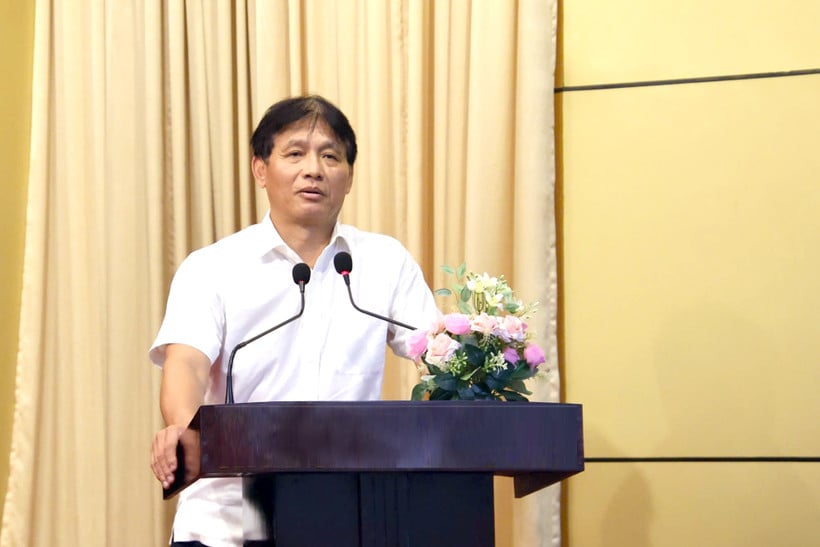
The workshop aims to redesign the entire process in a streamlined, synchronous manner, applying information technology and big data, eliminating unnecessary procedures, shortening processing time, but still ensuring the principles of risk management and compliance management for taxpayers.
Speaking at the opening of the workshop, Deputy Director Dang Ngoc Minh said that tax management procedures are a system of professional instructions and processing steps developed and standardized by the Tax Department to put the provisions of the Law on Tax Management (amended) into practice, ensuring the legitimate rights and interests of taxpayers as prescribed, as well as enforcing the law and handling work uniformly among tax agencies nationwide.
The Workshop program took place over 3 days (from September 17 to September 19) with the following main contents: (i) Framework of tax management business processes according to level 1 subjects; (ii) Risk management, compliance management; connecting and sharing overall data for tax management; (iii) Overall inspection process according to the new tax management model, managing subjects combined with tax management functions; (iv) Orientation for building and deploying information technology systems to meet the restructuring of business processes.
Currently, the current tax management business processes are built by the Tax Department on the basis of the provisions of the Tax Management Law No. 38/2019/QH14 and guiding documents for implementation. Accordingly, the business processes correspond to tax management functions and the organizational apparatus according to unified functions including: tax registration, tax declaration, tax payment, tax exemption and reduction, tax inspection, tax debt management, tax accounting...
However, the practice of tax management implementation in recent times shows that some processes still lack connectivity and have not effectively exploited digital technology ; at some stages, responsibilities between levels and departments are not really clear, causing difficulties for both taxpayers and management agencies.
In addition, in the context that tax authorities have been organized and arranged in the direction of tax management by subject combined with tax management by function. Tax Management Law No. 38/2019/QH14 has also been reviewed and evaluated for comprehensive amendment and replacement to meet management requirements in the new period with some construction orientations such as promoting the modernization and comprehensive digital transformation of management work, promoting voluntary compliance based on the classification of the level of legal compliance and risk level of taxpayers; continuing to improve regulations on systematic risk management throughout all tax management operations.

“Redesigning the management process is a necessary requirement to lay the foundation for implementing a modern and flexible tax management system. This is not simply updating the guidance documents, but a comprehensive restructuring process to ensure that the process system becomes an effective operating tool, improving management efficiency in the new period” - The leader of the Tax Department emphasized.
The Deputy Director shared that the workshop's task is to review in detail each content of the draft framework process level 1 and framework process level 2, assess the suitability and feasibility in practice, focusing on three major orientations:
Firstly, regarding the rationality and consistency of the process, it is necessary to consider the processing steps in each business to be reasonable, avoid duplication, and ensure connectivity and consistency from central to local levels;
Second, regarding the application of technology and data, solutions associated with digital transformation, exploiting big data to not only automate operations but also improve analysis, forecasting and risk management capabilities;
Third, regarding feasibility in implementation, it is necessary to clearly assess resources, human resources, infrastructure, data as well as coordination mechanisms between levels and units.
Deputy Director Dang Ngoc Minh also asked the delegates to promote their sense of responsibility and contribute frank, substantive and feasible opinions. The secretariat groups need to fully, honestly and objectively record all opinions to synthesize and report to serve the completion of the draft.
At the workshop, the Boards/units presented and discussed in groups related to the management objects, including discussion groups according to specific tasks (tax registration; tax declaration and payment; refund, exemption, reduction; tax liability management; and termination of operations); discussed risk management, compliance management, tax inspection and connection, sharing and use of data in tax management.
Opinions at the workshop all agreed that restructuring the tax management process is not only to reduce administrative procedures, but more importantly, to create a transparent, modern and closer management mechanism to taxpayers. Many delegates emphasized that if digital technology and big data are well utilized, the Tax sector will be able to analyze and forecast more accurately, while supporting businesses and people to fulfill their tax obligations conveniently and quickly.
The workshop to review and complete the content of restructuring the tax management process is an important step, creating a premise for a comprehensive reform process, contributing to bringing the Vietnamese tax management system closer to international standards.
Source: https://nhandan.vn/tai-cau-truc-quy-trinh-quan-ly-huong-toi-he-thong-thue-hien-dai-minh-bach-post908680.html




![[Photo] National Assembly Chairman Tran Thanh Man begins attending AIPA-46 activities](https://vphoto.vietnam.vn/thumb/1200x675/vietnam/resource/IMAGE/2025/9/18/73487ff8ed57412eab9211273946c14d)

![[Photo] Inside the Imperial Academy relic of Hue Citadel before the hundred billion dollar restoration](https://vphoto.vietnam.vn/thumb/1200x675/vietnam/resource/IMAGE/2025/9/18/77fd186af68341b1a8bffd072fa896a6)















![[Photo] National Assembly Chairman Tran Thanh Man begins attending AIPA-46 activities](https://vphoto.vietnam.vn/thumb/402x226/vietnam/resource/IMAGE/2025/9/18/73487ff8ed57412eab9211273946c14d)

![[Photo] Inside the Imperial Academy relic of Hue Citadel before the hundred billion dollar restoration](https://vphoto.vietnam.vn/thumb/402x226/vietnam/resource/IMAGE/2025/9/18/77fd186af68341b1a8bffd072fa896a6)





































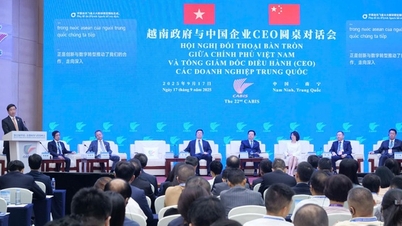

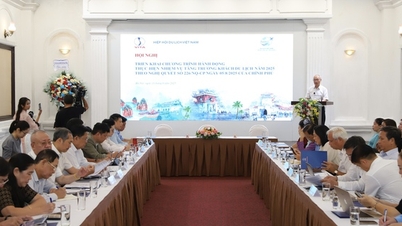




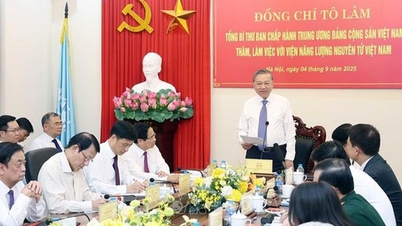

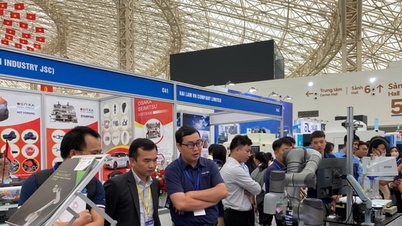



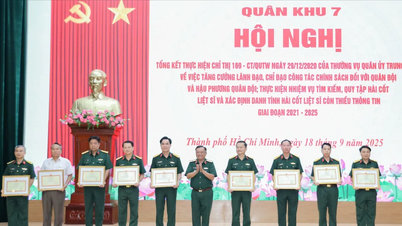














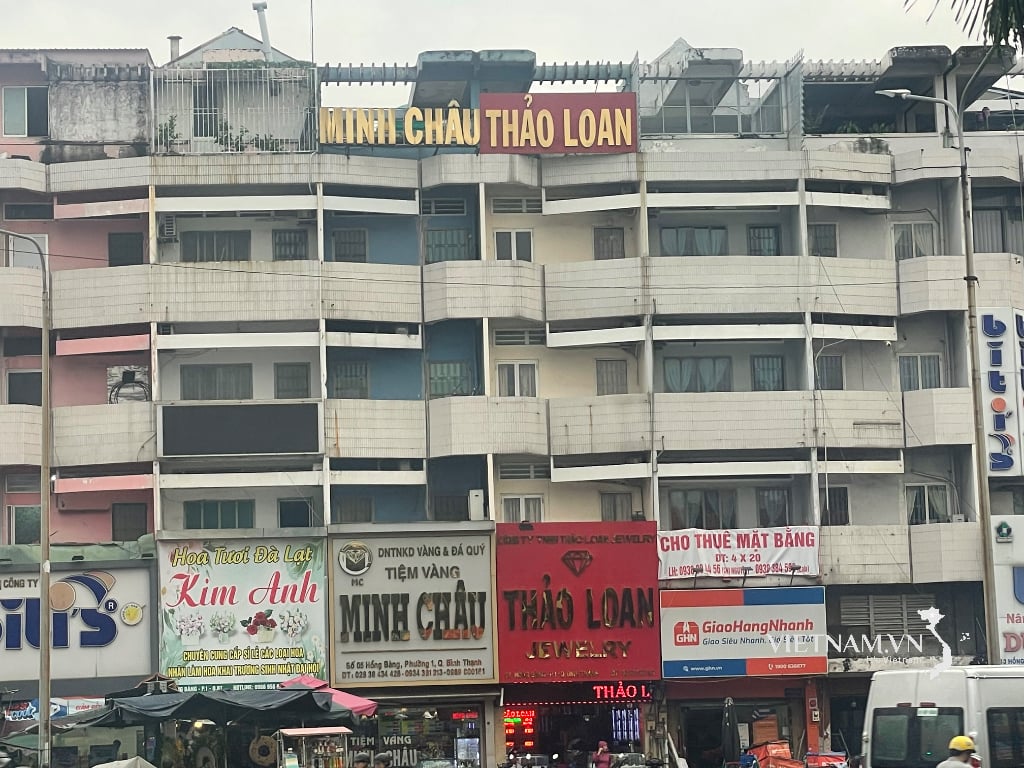


Comment (0)